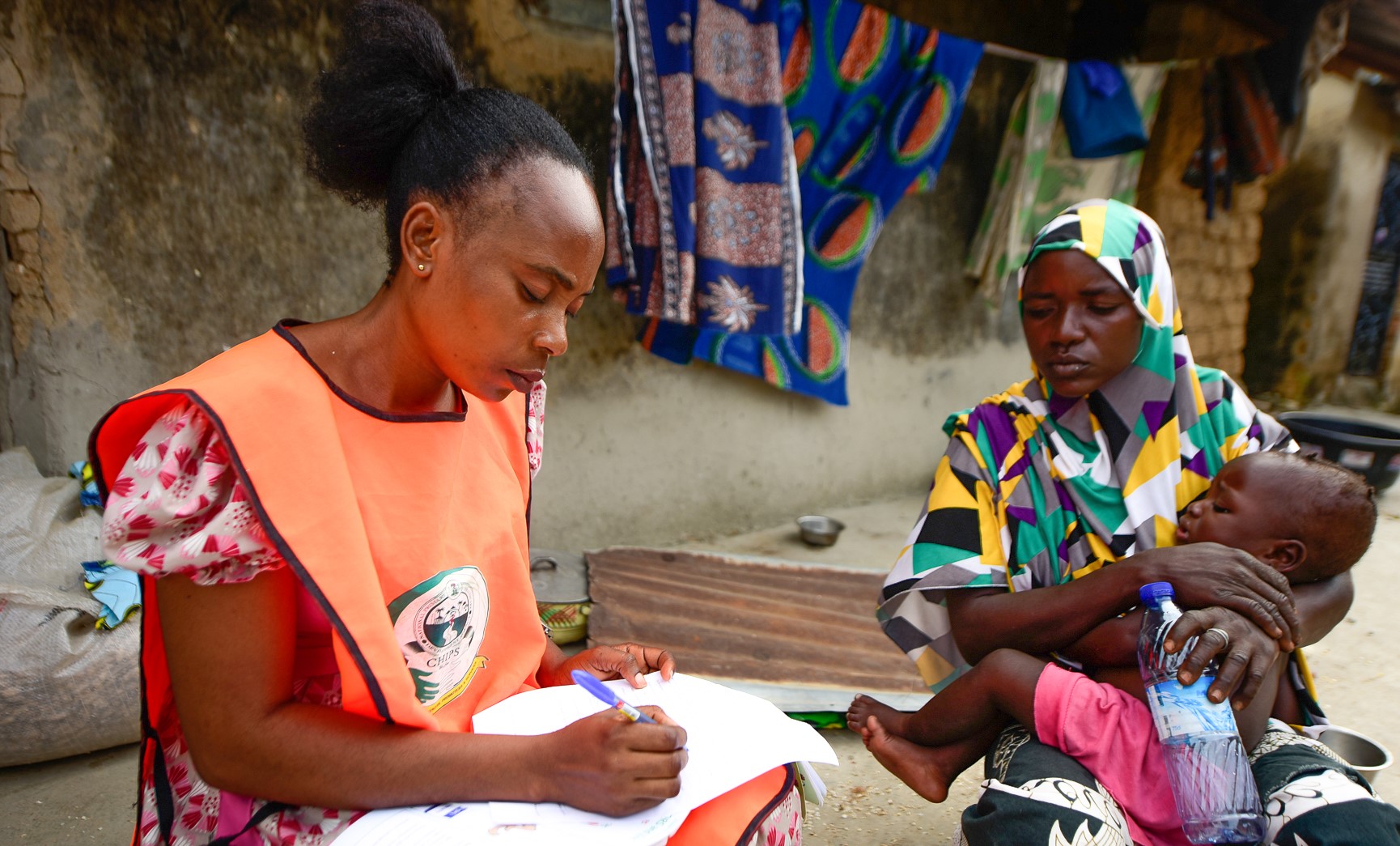The Nigeria Customs Service (NCS) says it has initiated the authorised economic operators (AEO) programme to enhance the efficiency of trade facilitation efforts in the country.
Adewale Adeniyi, comptroller-general of customs, spoke in Abuja during a stakeholders meeting on Tuesday.
The AEO is one of the participating party in the movement of international trade in a manner that conforms to international customs regulations or equivalent adopted standards of supply chain security.
It certifies that an economic operator has met certain standards — including safety and security — in relation to trade activities.
Advertisement
The economic operators are importers, exporters, manufacturers, brokers, transportation companies, ports, airports, ports operators, warehouses and distributors.
According to Adeniyi, the programme, which is expected to commence in April 2024, would foster collaboration between the customs, other government agencies (OGAs) and experts.
The comptroller-general also assured stakeholders of NCS’s commitment to running the pilot programme of AEO successfully.
Advertisement
“AEO cuts across virtually every player in the sector, the exporter, the importer, the government agencies, regulatory agency, the customs and everybody in one way or the other,” Adeniyi said.
“So this allows us to address some of those issues. So that when next operators talk about compiling how much it takes them, we will see data that are a little bit more friendly.
“As we are taking the steps with you with the implementation of the Authorised Economic Operator program, which hopefully will start from the 15th of April 2024.
“All these pilots that we want to run, we aim to identify potential challenges, fine-tune our processes, and lay the groundwork for a full-scale rollout of the AEO program.”
Advertisement
Adeniyi reiterated the service’s commitment to fostering transparency, inclusivity and collaboration while ensuring that the programme’s designs and execution align seamlessly with international standards.
He said importers, exporters, small and medium enterprises (SMEs), customs licence agents, logistics operators, and government agencies have been selected as pilot stakeholders to run the scheme of the AEO in Nigeria.
“This is a collective and transformative journey we must come together with renewed determination. Knowing that together we can shape a future that knows no boundaries and prosperity with no limits,” he said.
‘AEO TO STREAMLINE CLEARANCE PROCESS’
Advertisement
On his part, Awa Nnenna, chief superintendent of NCS and project manager of AEO, said the pilot phase of the programme is designed to streamline customs clearance processes while ensuring transparency and inclusivity in line with international standards.
“By facilitating smoother trade operations, the programme aims to stimulate economic growth,” Nnenna said.
Advertisement
Also speaking, Charles Odii, director-general of the Small and Medium Enterprises Development Agency of Nigeria (SMEDAN), commended customs for its proactive approach to engaging small-scale business owners through the AEO programme.
Odii, while reiterating his commitment towards supporting the scheme, said the initiative would contribute to the growth of Nigeria’s gross domestic products (GDP) and foreign exchange (FX) reserves.
Advertisement
“I believe that this program will enable SMEs to enhance their investments and leverage the opportunities presented by the AEO window,” Odii said.
“As we are launching this scheme, I am looking forward to many more testimonials within the next six months.”
Advertisement
He added that the programme will not only streamline trade processes but also change the narrative surrounding trade in the country, ultimately fostering a more conducive environment for business growth and development.
The AEO programme was introduced in 2023, with the customs setting up a working group to analyse and implement the project.
Add a comment






